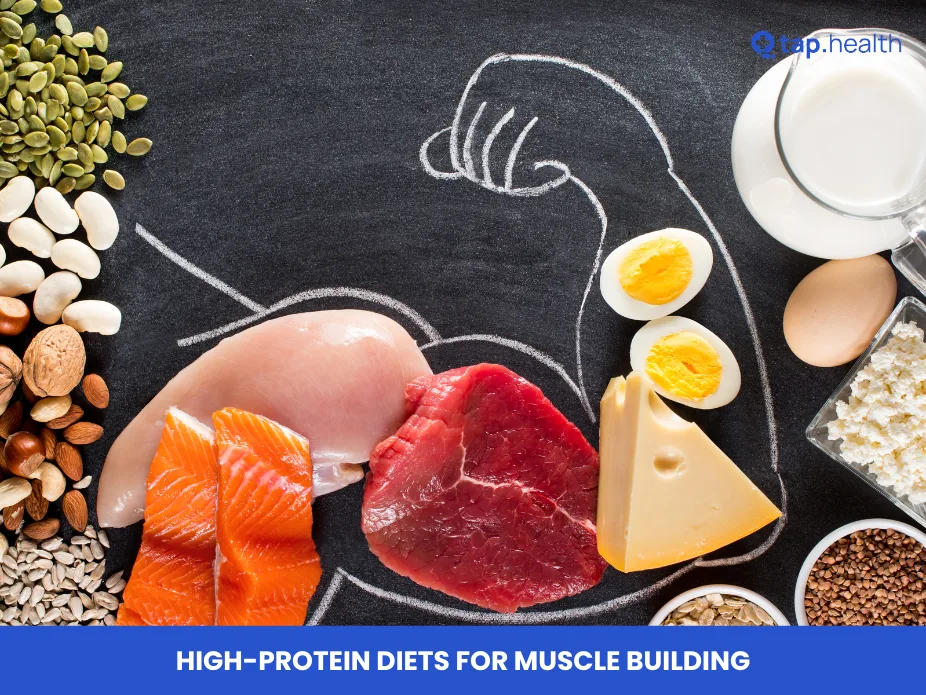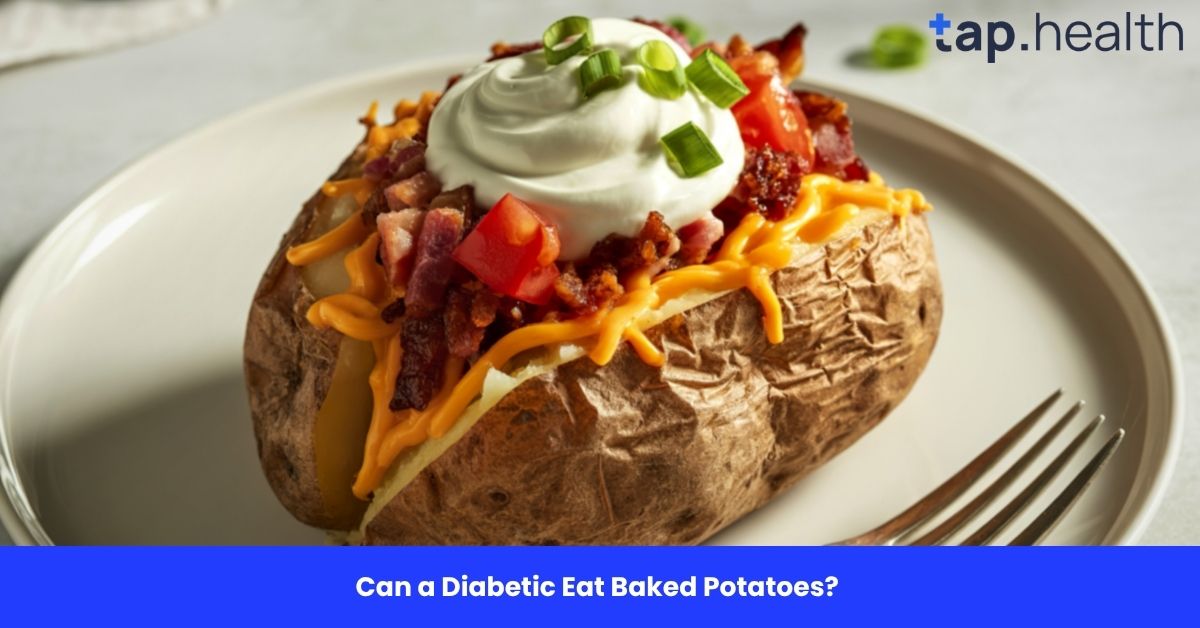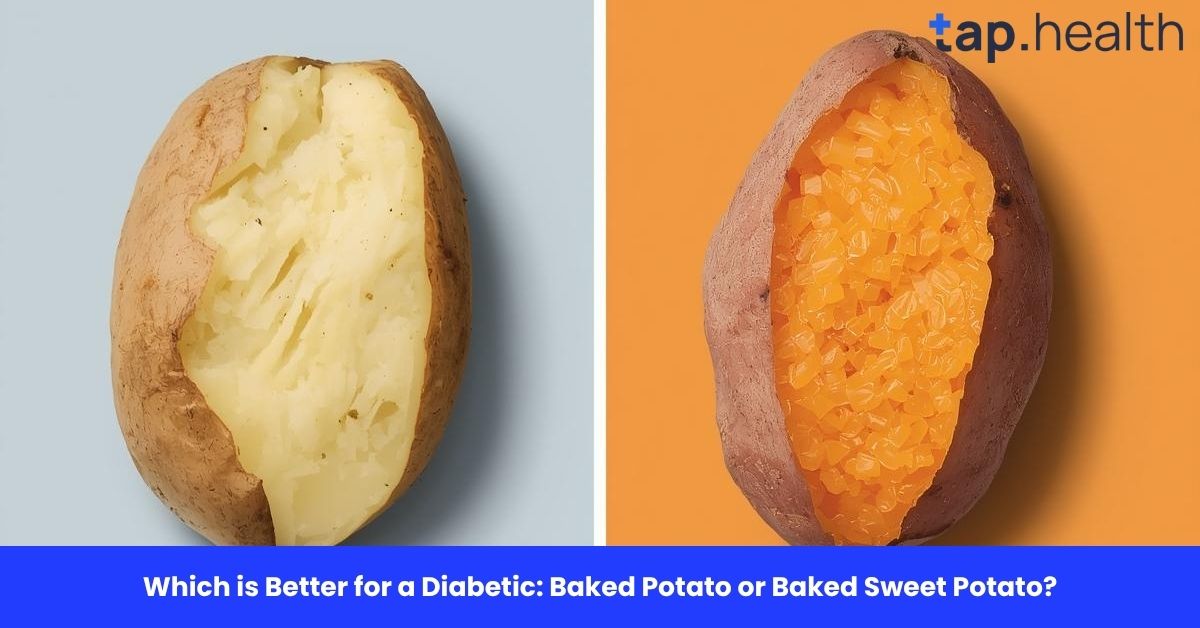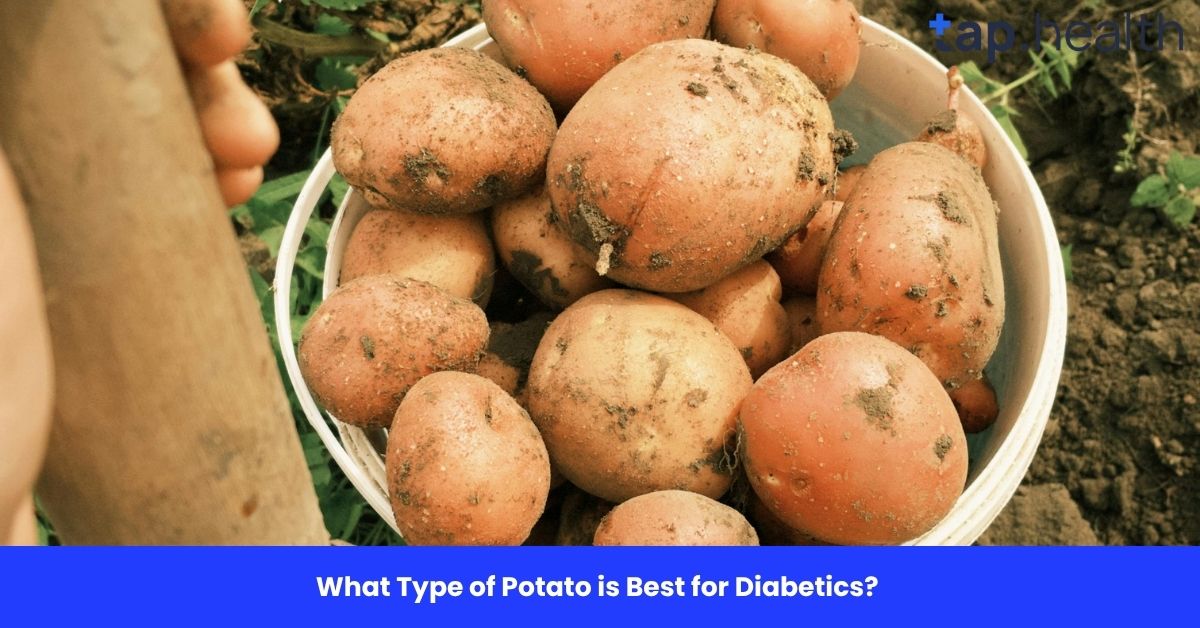If you’re looking to build muscle, increase strength, or improve your fitness levels, you’ve probably heard a lot about the importance of protein. But what exactly makes a high-protein diet so effective for muscle building? How much protein do you actually need, and what are the best sources of protein to include in your meals?
In this blog post, we’ll dive deep into high-protein diets for muscle building, offering practical tips, real-life scenarios, expert insights, and evidence-backed recommendations. Whether you’re a gym-goer, athlete, or someone just getting started with fitness, this guide will help you understand how a high-protein diet can work for you.
What is a High-Protein Diet?
A high-protein diet focuses on eating a greater proportion of protein-rich foods than the typical balanced diet. Protein is an essential nutrient that plays a crucial role in muscle growth, repair, and overall bodily functions. When it comes to muscle building, protein is the building block of muscle tissue. Without adequate protein intake, muscle repair and growth are slowed down, and progress can stall.
Protein and Muscle Building
Your muscles are made up of protein, and during workouts, your muscle fibers experience small tears. These tears need to be repaired, and protein helps rebuild muscle tissue, making it stronger and bigger over time. By eating enough protein, you provide your body with the resources it needs to repair and build muscle after each workout.
A high-protein diet typically involves consuming more protein than the average daily recommendation of about 0.8 grams per kilogram of body weight. For muscle building, most experts recommend anywhere between 1.2 to 2.2 grams of protein per kilogram of body weight, depending on your level of activity and fitness goals.
Benefits of a High-Protein Diet for Muscle Building
Incorporating more protein into your diet can have several benefits beyond just muscle growth. Here are some of the key advantages:
1. Promotes Muscle Growth
When you engage in strength training or resistance exercises, your muscles undergo microscopic tears. Protein helps repair these tears and promotes the growth of lean muscle mass.
2. Supports Muscle Recovery
After intense exercise, your muscles need time and nutrients to recover. Protein helps speed up recovery by replenishing amino acids, the building blocks of muscle tissue.
3. Boosts Metabolism
Protein has a higher thermic effect compared to fats and carbohydrates, meaning your body burns more calories digesting and processing protein. This can help with fat loss, making your muscle gains more visible.
4. Reduces Muscle Loss During Weight Loss
When you’re trying to lose weight, a high-protein diet can help you preserve muscle mass. Instead of losing muscle along with fat, your body uses the extra protein to maintain muscle tissue, leading to a higher percentage of fat loss.
5. Keeps You Full Longer
Protein helps you feel full and satisfied after meals, which can help control hunger and prevent overeating. This is particularly helpful if you’re in a calorie deficit and trying to lose fat while building muscle.
Best Protein Sources for Muscle Building
Now that we’ve covered why protein is important, let’s look at some of the best protein sources you can include in your diet to fuel muscle building:
1. Chicken Breast: A Lean Protein Powerhouse
Chicken breast is one of the most popular protein-rich foods for muscle building. It’s low in fat, high in protein, and incredibly versatile. A 3.5-ounce (100-gram) serving of chicken breast contains about 31 grams of protein.
How to Use: Grill, bake, or sauté chicken breast and serve it with vegetables or whole grains for a balanced meal.
2. Eggs: A Complete Protein Source
Eggs are a complete protein, meaning they contain all nine essential amino acids. They are also rich in vitamins and minerals like vitamin D, B vitamins, and selenium. A large egg contains about 6 grams of protein.
How to Use: Scramble, boil, poach, or fry eggs to add them to salads, sandwiches, or wraps.
3. Greek Yogurt: A Creamy Protein Option
Greek yogurt is packed with protein, especially compared to regular yogurt. A 6-ounce serving of Greek yogurt can contain up to 15 grams of protein. It’s also rich in probiotics, which are beneficial for gut health.
How to Use: Enjoy Greek yogurt as a snack, or add it to smoothies, granola, or fruit bowls.
4. Fish: Salmon, Tuna, and More
Fish like salmon, tuna, and trout are excellent sources of protein and omega-3 fatty acids, which support heart and brain health. A 3-ounce serving of salmon provides about 22 grams of protein.
How to Use: Grill or bake fish, and add it to salads, tacos, or serve it with vegetables.
5. Lean Beef: A Protein-Rich Meat
Lean cuts of beef, such as sirloin, tenderloin, and ground beef, are great protein sources for muscle building. A 3-ounce serving of lean beef can contain around 23 grams of protein.
How to Use: Grill, broil, or stir-fry lean beef. You can also use it in chili, tacos, or pasta dishes.
6. Lentils and Beans: Plant-Based Protein Power
For those following a plant-based or vegetarian diet, lentils, beans, and peas are great sources of protein. A 1-cup serving of cooked lentils contains around 18 grams of protein.
How to Use: Add lentils and beans to soups, stews, or salads, or blend them into veggie burgers or dips.
7. Tofu and Tempeh: Protein from Soy
Tofu and tempeh are made from soybeans and are excellent sources of plant-based protein. Tofu contains about 10 grams of protein per 4-ounce serving, while tempeh offers about 15 grams per 4 ounces.
How to Use: Sauté or grill tofu and tempeh, and add them to stir-fries, salads, or sandwiches.
How to Plan a High-Protein Diet for Muscle Building
To get the most out of your high-protein diet, it’s important to plan your meals properly. Here are some tips for maximizing muscle gains:
1. Distribute Protein Throughout the Day
Instead of consuming all your protein in one or two meals, try to spread it out evenly across your day. This helps your body absorb and utilize protein more efficiently for muscle repair and growth.
For example, aim to include a protein source in every meal and snack. For breakfast, you could have eggs or Greek yogurt. For lunch, try grilled chicken breast with quinoa or a tofu stir-fry. For dinner, enjoy fish or lean beef with vegetables.
2. Combine Protein with Carbohydrates
While protein is essential for muscle building, carbohydrates also play a vital role in providing energy for your workouts. Make sure to combine protein-rich foods with healthy carbs like sweet potatoes, whole grains, and fruits to fuel your body during exercise.
3. Post-Workout Protein
After exercise, your muscles are in a recovery state, and consuming protein can help kickstart the repair process. Aim to have a protein-rich meal or snack within 30 to 60 minutes after your workout to maximize muscle growth.
Real-Life Scenarios
Scenario 1: A Busy Professional
John is a busy professional who loves going to the gym after work. He needs a simple and effective high-protein diet to build muscle. John starts his day with a protein shake made from whey protein, almond milk, and a banana. For lunch, he packs a chicken breast salad with quinoa, avocado, and vegetables. For dinner, John enjoys grilled salmon with sweet potatoes and steamed broccoli. This easy-to-prepare, protein-packed routine helps him hit his muscle-building goals without spending hours in the kitchen.
Scenario 2: A Vegetarian Athlete
Sara is a vegetarian who wants to build muscle but doesn’t eat meat. To ensure she gets enough protein, she incorporates plant-based sources like lentils, chickpeas, tofu, and tempeh into her meals. For breakfast, she has a tofu scramble with spinach and tomatoes. For lunch, she enjoys a lentil salad with olive oil and lemon dressing. Her post-workout snack is a protein shake made from pea protein powder. By planning her meals around plant-based proteins, Sara is able to build muscle just as effectively as anyone eating meat.
Expert Contributions
According to Dr. John Berardi, a renowned nutrition expert and co-founder of Precision Nutrition, “Protein is critical for muscle recovery and growth, especially when you are training intensely. Consuming the right amount of protein at the right times can make a significant difference in your muscle-building efforts.”
FAQs
1. How much protein do I need for muscle building?
The general recommendation for muscle building is around 1.6 to 2.2 grams of protein per kilogram of body weight per day. If you weigh 70 kg (154 lbs), that would be approximately 112 to 154 grams of protein daily.
2. Can I build muscle on a plant-based diet?
Yes, you can build muscle on a plant-based diet by consuming a variety of plant-based protein sources like tofu, tempeh, lentils, beans, quinoa, and nuts. You may need to be more intentional about combining different protein sources to ensure you get all the essential amino acids.
3. Is it possible to consume too much protein?
While protein is essential for muscle building, consuming excessive amounts may strain your kidneys and lead to other health issues. Stick to the recommended range based on your body weight and activity level.
References:
- Precision Nutrition. “Protein for Muscle Growth: How Much Do You Really Need?” Link to Precision Nutrition
- Mayo Clinic. “High-Protein Diets: Are They Safe?” Link to Mayo Clinic



